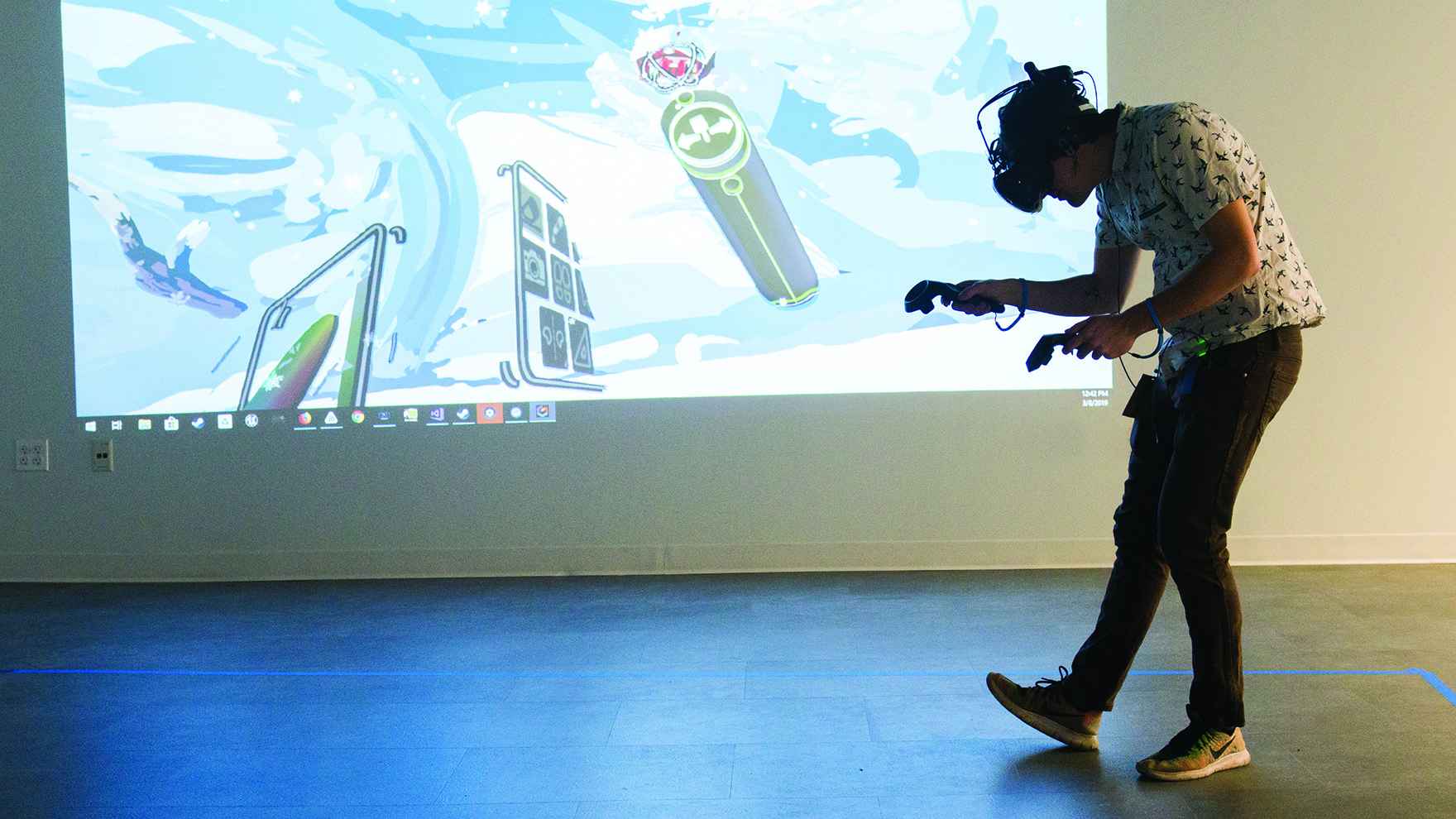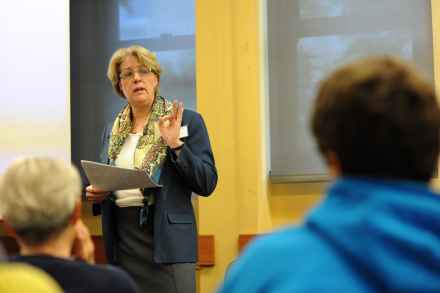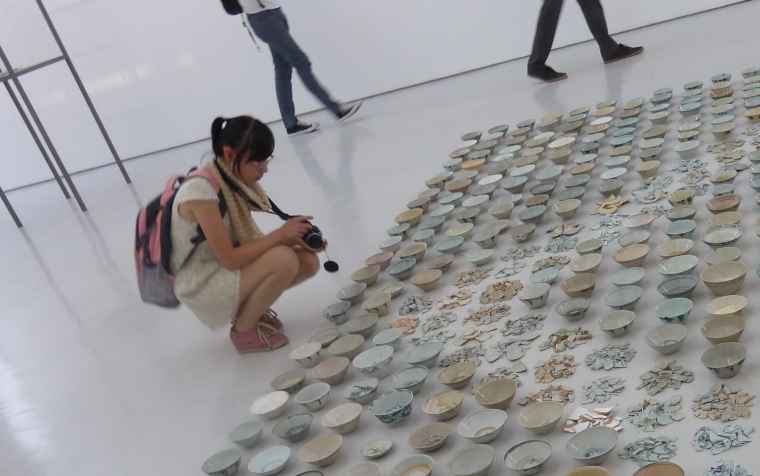Revisit Humanities Day 2013 Online
Missed an interesting presentation at Humanities Day? Eleven presentations from Humanities Day 2013 are now available online.
College Art Association Honors UChicago Faculty
The College Art Association (CAA) will honor the teaching and research of several faculty members from the Division of the Humanities at its 2014 Annual Conference on February 12-15.
UChicago Alumnus and Harper-Schmidt Fellow Wins Book Award
Neil Verma, PhD ’08 and Harper-Schmidt Fellow in the College, won the Best First Book award from the Society for Cinema and Media Studies for A Theatre of the Mind: Imagination, Aesthetics, and American Radio Drama (University of Chicago Press, 2012).
Composition by Music PhD Student Receives International Recognition
Francisco Castillo Trigueros’ dissertation composition, Sur les debris for bass flute and electronics, was nominated for the Gaudeamus Music Prize. More than 60 composers under the age of 30 entered the international competition, and Trigueros is one of the five shortlisted composers. The winner will be announced in September 2014 as part of Gaudeamus Muziekweek in the Netherlands.








